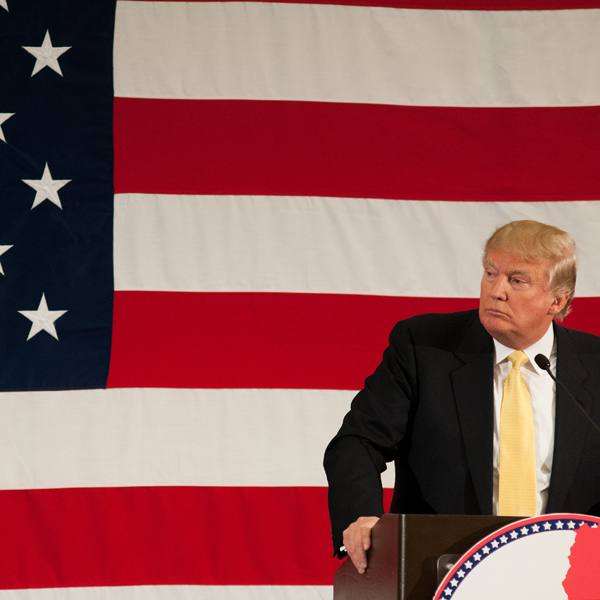American Lawyers Serve Abroad
The founders of the ABA’s Central European and Eurasian Law Initiative, Homer Moyer and Sandy D’Alemberte, had an unshakable faith in the willingness of American lawyers to disrupt their lives for extended periods to help promote the rule of law in former Soviet bloc countries after the fall of the Berlin Wall. Their faith was not misplaced, as the American legal profession answered the call to service, and continues to do so 17 years after CEELI’s creation in 1990.
Today, the ABA Rule of Law Initiative, comprising CEELI and its sister initiatives, has representatives in more than 40 countries in Asia, Africa, Central and Eastern Europe, the former Soviet Union, Latin America and the Middle East. The program receives roughly $35 million a year in grant funds.
Countless lawyers, judges and law professors have spent anywhere from one week to five years promoting the rule of law in developing countries, most of them on a pro bono basis. The growth and success of these programs vividly demonstrate that individuals in the American legal profession yearn to make a difference and to give back to their communities, whether they define their community as their hometown or, increasingly, the entire globe.
World Tour
Over the past few months, i have had the privilege of seeing firsthand how effective these American lawyers are at transmitting their know-how and providing inspiration to host-country legal professionals, some of whom risk their careers and physical well-being to press for reforms in their countries.
My recent trip to Ecuador confirmed the important role the ABA has played in helping to pass legislation combating human trafficking. The ABA’s training of police and prosecutors helped increase the number of successful trafficking prosecutions there from none to roughly 20 in a short time. I also visited a women’s shelter at which the staffers received ABA training on the psychological needs of trafficking victims and on how to prepare victims for interactions with police and prosecutors prior to trial.
In Armenia last fall, I met with members of a bar association that the ABA helped to create—the first entity to provide Armenia’s lawyers with a real voice since the collapse of the Soviet Union. The ABA’s role in creating Armenia’s first functioning public defender system was also highlighted during the visit.
In December, a small group of ABA representatives—including experts from the ABA’s Center on Children and the Law as well as Laura Stein, chair of the ABA Asia Law Initiative Council—attended a youth-at-risk conference in China that was organized by our Beijing office in partnership with several Chinese organizations. While in China, I had the honor of signing a memorandum of understanding between the ABA and China’s largest bar association, the All China Lawyers Association, memorializing our commitment to work collaboratively on matters of joint interest.
The ABA’s programs in the Middle East and North Africa region are also producing important results. In Morocco, for example, the ABA helped create the first law school-based human rights clinic in that region.
We salute the efforts of American lawyers who have set aside work and family obligations to answer the call to service overseas. Despite the hardships they endure in order to serve, they invariably tout their service as the most satisfying professional experience of their legal careers.
For more information on the Rule of Law Initiative, visit abanet.org/rol.
Write a letter to the editor, share a story tip or update, or report an error.


